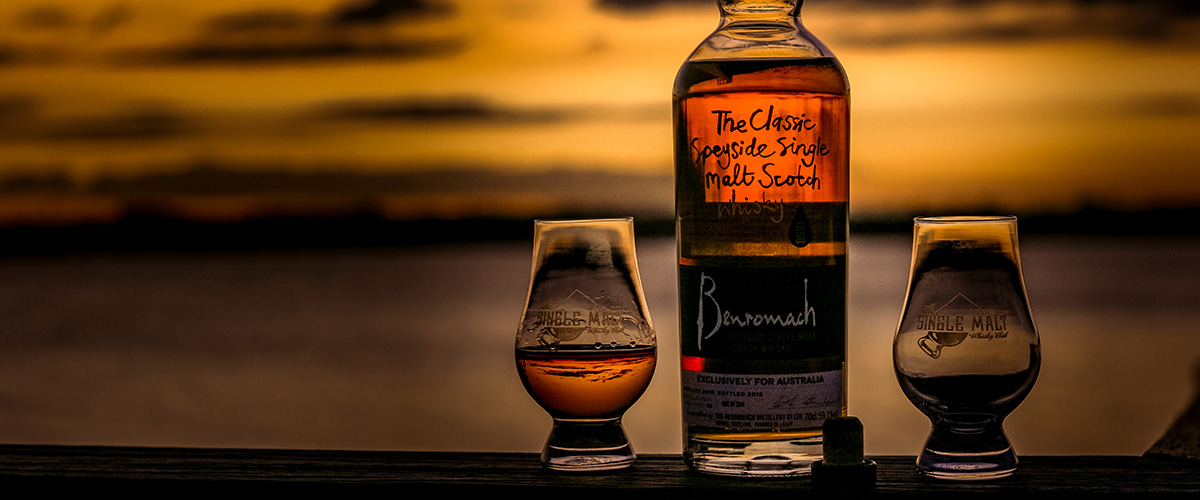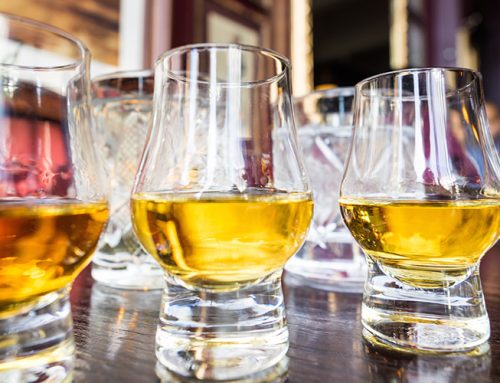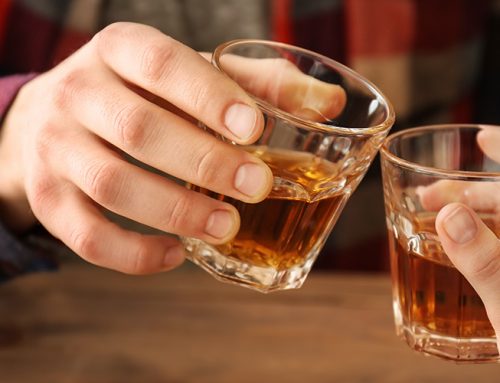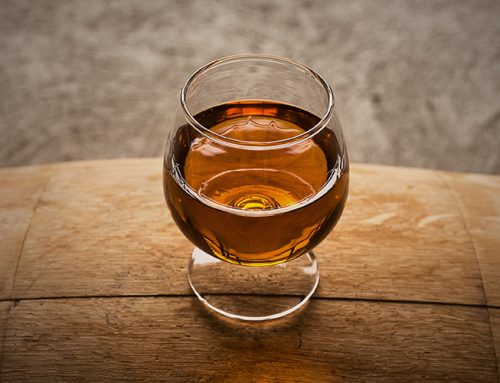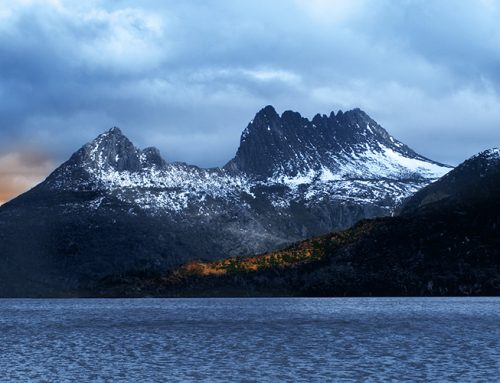A STARTER GUIDE TO WHISKY: ORIGINS EXPLAINED
How did all of this get started? Take our tour on the history of whisky.
Whisky, often referred to as “the water of life,” boasts a captivating history that spans centuries and continents. Its origins can be traced back to ancient civilisations, where the art of distillation was first discovered.
There is debate about whether whisky is derived from “usquebaugh”, or scot’s gaelic uisge beatha, but both mean “water of life”.
Early Beginnings
The earliest records of whisky production date back to the 15th century in Scotland and Ireland. Monks, initially seeking medicinal elixirs, are credited with pioneering the distillation of fermented grains, giving birth to the spirit we know today.
It is generally agreed that Dalriadan or Dal Riata (as it was called in Ireland) was the kingdom of the Scotti, who migrated from County Antrim in Ulster to Argyll and eventually gave their name to Scotland. These monks brought distillation with them when they came to Caledonia to convert the Picts to Christianity in the fourth and fifth centuries A.D.
Scotland’s Rise to Prominence
Scotland, with its abundant barley, pure water sources, and favourable climate, quickly emerged as the heartland of whisky production. The spirit became deeply intertwined with Scottish culture and identity, evolving from a simple medicinal drink to a symbol of national pride.
The earliest Scottish record, in 1494 is of the sale of 1,120 lbs of malt to one Friar John Corr to make aqua vita, the latin for usquebaugh.
The Evolution of Distilling
Early whisky production was a rudimentary affair, often resulting in harsh and inconsistent spirits. However, advancements in distillation techniques, including the introduction of copper pot stills, led to significant improvements in quality and flavour.
The Global Expansion
As trade routes expanded, whisky’s popularity spread beyond the British Isles. It found its way to the Americas, where it influenced the development of bourbon and rye whiskey. Today, whisky is produced and enjoyed in countless countries worldwide, each with its unique styles and traditions.
Key Milestones in Whisky History:
- 1494: The first recorded mention of whisky production in Scotland.
- 1644: Taxes were applied to whisky production
- 1707: The Acts of Union unite Scotland and England, leading to the taxation of whisky and the rise of illicit distilling.
- 1823: The Excise Act legalizes whisky production in Scotland, paving the way for the modern whisky industry.
- 1831: Aeneas Coffey invents the continuous still, revolutionizing whisky production and enabling the creation of blended whiskies.
- 19th and 20th Centuries: Scotch whisky’s global reputation grows, fueled by innovation, marketing, and the emergence of iconic brands.
Today, whisky continues to evolve and captivate enthusiasts worldwide. From the smoky single malts of Scotland to the leathery smoothness of Australia, the world of whisky offers a rich tapestry of flavours, traditions, and stories waiting to be explored.
